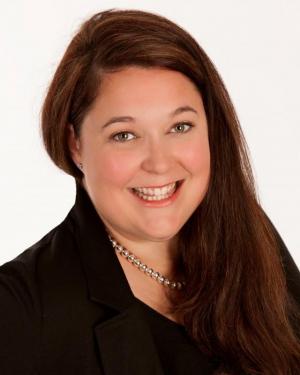Keeping track of medications is vital - here’s how
As new medicines develop to help you live a healthy life, it’s vital to keep track of medications you’re taking. In the United States, 82 percent of adults take one medication, and 29 percent take five or more medications. While this increase in use is probably related to the increased amount of medications for specific disease states, it can also increase the risk of medication errors and adverse medication reactions.
Ask yourself: Can you name all of the medications you are taking? Do you know what doses you’re taking and what the medicine is for? To help prevent errors and adverse medication reactions, you can take the following steps.
1. Always keep a medication list in your wallet or purse. It should include the medication name, dose, time of administration, and reason you take it for each one. It is also very important to include all over-the-counter medications, supplements, and herbal products. These non-prescription medications can sometimes have serious interactions with prescription medications. For a blank template to develop a patient-specific medication list for yourself or a loved one, go to www.safemedication.com/safemed/MyMedicineList/MyMedicineList_1.aspx.
2. Never take medications that are not prescribed for you. Prescriptions are written for one patient in mind. Taking another person’s medication can lead to allergic reactions and adverse medication reactions, and it is against the law.
3. Make sure that all medications are stored properly away from children and pets. The bathroom cabinet is not the best place for storage, as the humidity and temperature are commonly higher than other areas of the house.
4. Remember to throw away expired medications; they can become ineffective or potentially toxic.
5. When in doubt, ask. Your doctor and pharmacist are valuable resources for drug information. Your questions help them know what additional information to provide you.
The Beebe Pharmacy Department assigned two pharmacists to the Emergency Department in 2013 as part of a medicine reconciliation initiative to improve medications safety and prevent adverse medication events. Today, the pharmacy role in the ED has expanded to 24-hour coverage from a designated office based in the department. Two pharmacists supported by three certified pharmacy techs assist the emergency staff with such efforts as drug choice, medication therapy management, and identification of any adverse drug interactions.
All patients taking medications consult a pharmacist. From the ED Pharmacy office, pharmacists and pharmacy techs utilize comprehensive online drug databases that give them access to information about the medications previously prescribed to patients presenting to the Emergency Department.
Beebe Healthcare’s ED treats more than 48,000 patients a year. The goal of this initiative focuses on patient safety and effective, efficient patient care. It also is recommended and supported by the American Society of Health-System Pharmacists.
For more information about Beebe Healthcare, go to www.beebehealthcare.org. To find out how Beebe Healthcare is Creating the Next Generation of Care for the community, go to www.nextgenerationofcare.org.
Lisa L. Deal, PharmD, FASHP, BCPS, BSN, RN, is director of Pharmacy Services at SUN Behavioral Health, and emergency medicine pharmacy specialist at Beebe Medical Center. She recently received fellow status from the American Society of Health-System Pharmacists, which recognizes pharmacists who have excelled in pharmacy practice and distinguished themselves through service and contributions to ASHP.
























































